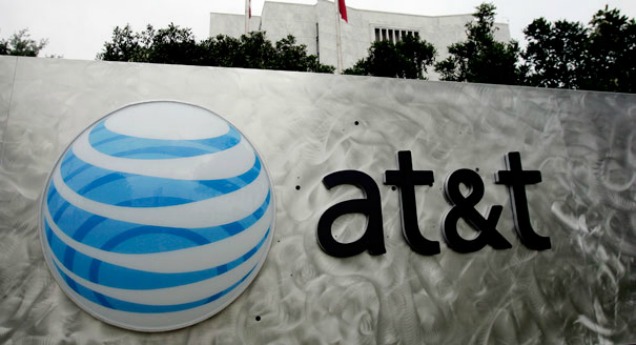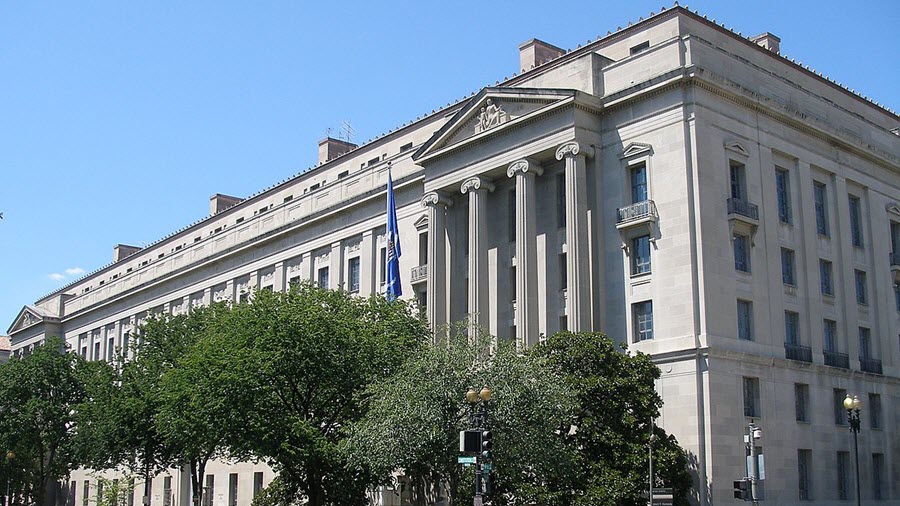AT&T to Court: DOJ Has No Legal Legs to Stand On

The smarter way to stay on top of broadcasting and cable industry. Sign up below
You are now subscribed
Your newsletter sign-up was successful

The Department of Justice used bad numbers to come to the wrong conclusion about AT&T-Time Warner merger--that it would substantially lessen competition--and a lower court was right to reject that conclusion and allow the deal.
That was the gist of AT&T's final brief before oral argument in the Trump Administration's continuing effort to prevent AT&T from owning both the DirecTV satellite TV platform and Turner programming including sports nets, HBO and CNN.
DOJ had sought the divestitures, arguing the combined company could anticompetitively limit access to must-have programming like HBO or regional sports nets by third parties, particularly over-the-top competitors.
Oral argument is scheduled for Dec. 6.
AT&T pointed out in its brief to the U.S. Court of Appeals for the D.C. Circuit that, "in the crucible of litigation, DOJ's claims were exposed to be both narrow and fragile," and ultimately fell apart.
Related: DOJ Slams AT&T Revisionist Defense of Time Warner Deal
"Relying primarily on a theoretical model that purports to simulate the bargaining dynamics between programmers and pay-TV distributors, DOJ sought to prove that the merger would likely cause two things to happen: (1) AT&T would charge its rival pay-TV distributors higher wholesale prices for certain Time Warner networks, and (2) rival distributors would in turn increase their retail prices by a collective amount greater than the price savings that millions of AT&T customers would enjoy as a result of the merger," AT&T told the court.
The smarter way to stay on top of broadcasting and cable industry. Sign up below
The district court judge, after a six-week trial, concluded the feds had not made their case. DOJ now has to prove that judge clearly erred. AT&T says that is another burden DOJ "cannot meet."
"Even accepting DOJ’s theoretical model," which the judge did, "the district court made a series of detailed factual findings that rejected, on multiple independent levels, the inputs and assumptions necessary for the model to generate a result that could sustain DOJ’s theory of net consumer harm," said AT&T, essentially adding: game, set and match.
The court is expected to announce by early November the composition of the three-judge panel that will be hearing the appeal.
Contributing editor John Eggerton has been an editor and/or writer on media regulation, legislation and policy for over four decades, including covering the FCC, FTC, Congress, the major media trade associations, and the federal courts. In addition to Multichannel News and Broadcasting + Cable, his work has appeared in Radio World, TV Technology, TV Fax, This Week in Consumer Electronics, Variety and the Encyclopedia Britannica.

